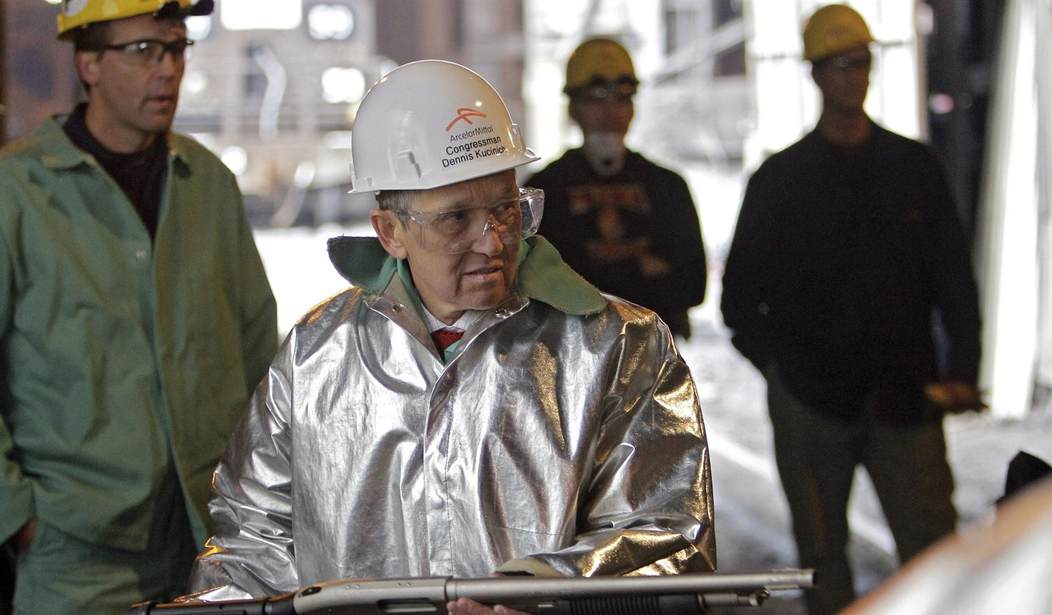Right now, it’s kind of hard not to hear the word “buyback” and instantly think of Beto O’Rourke and his insane plan to force Americans to give up their guns in exchange for some paltry sum that allows anti-gunners to pat themselves on the back and delude themselves into thinking there was no confiscation plan.
However, most buybacks are nothing of the sort. The vast majority are just some group or local government who wants to try to get unwanted guns off the streets. It rarely has an impact on actual crime, but it’s one of those well-meaning things that we tend to roll our eyes at, make fun of, but then generally ignore.
Yet in Cleveland, where they’re soon hosting a buyback event, a local station decided to look at just what happens after you sell your gun at one of these events.
Madar said ArcelorMittal Cleveland has been involved in the buy back program for about 12 years and that the company contributes about $10,000 to $15,000 for incentives. However, he said, the company also has a unique ability to destroy the guns after they’re collected.
“We make steel, and we have the opportunity that when we do charge the guns into the operation, that we can completely and thoroughly destroy them at that point,” Madar said. “But the benefit is we can also make products here at the end of the process that are used for things like automobiles, appliances, construction, service center applications, things that people use on a daily basis to improve their lives.”
Police said the guns collected at buy back events go through ballistics testing before they’re brought to ArcelorMittal every few years to be destroyed. They’re melted down as part of the 11,000 or so tons of steel produced there daily, according to Madar. Madar said the company also works with other cities and organizations to do similar work.
“Really, the value there is just really taking those guns off the street, and hopefully we see less stories here, and certainly the Cleveland Division of Police have enough on their plate,” Madar said. “If we can help that cause here and take something off of their plate, all the more reason to do that.”
Police said the buy back isn’t about violating any Second Amendment rights. Rather, Ciaccia said, it’s about taking guns from people who don’t want them in order to ensure they don’t end up in the wrong hands.
No, traditional buybacks aren’t a violation of the Second Amendment. People are free to sell their guns to these buyback programs if they so wish. They’re getting boned on the value, of course, but if they’re OK with that, I’m not one to judge them too harshly.
One would assume the ballistics testing is to see if any of the guns were used in homicides. However, since buybacks tend to be “no questions asked” affairs, it’s unlikely to yield them any clues if it was. That’s one of the real problems with these programs.
That said, we can see what happens to these guns.
However, it should also be remembered that these things really don’t do any good, even if police put a positive spin on them. Cleveland Police Public Affairs Sgt. Jennifer Ciaccia told News 5 in Cleveland, “We’re able to take in hundreds of guns over the course of years off of the streets.”
Hundreds of guns? This thing has been going on for 12 years or so, right? “Hundreds” of guns means just 20 per year. It might be more, but I somehow doubt that even if it were thousands of guns over that time frame, we’d hardly see a difference. That’s because the real problem people aren’t using these things except to dump firearms so they don’t get caught with them. That’s it.
Then guns get melted down.
The powers that be will pat themselves on the back, tell themselves their making a difference, all while failing to look at the real roots of the problems cities like Cleveland have.








Join the conversation as a VIP Member